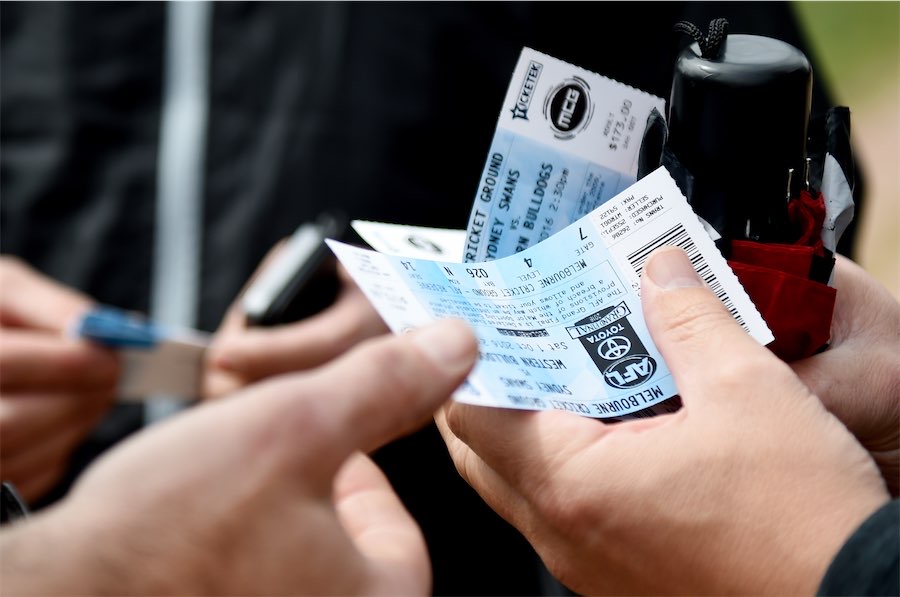
By Luke Costin
Clever scammers have begun preying on footy fans after finding success selling fake Taylor Swift tickets and running dodgy investment ploys, one of Australia’s big four banks says.
The pivot to catch out diehard fanatics ahead of the AFL and NRL grand finals continues a trend of scammers evolving methods to anything that sells out quickly or is hard to come by.
Fans of Coldplay, Kylie Minogue and Dua Lipa, all soon to tour Australia, are expected to become targets in coming weeks.
It comes as data released on Friday shows the most scammed postcodes across the country, according to Westpac reports.
The list contains fast-growing suburbs in NSW and Victoria, including Liverpool, Tarneit, Gosford and Werribee.
In Canberra, the postcodes with the highest reported scams are to the north-west of Canberra.
These postcodes are:
-
- 2615 (MacGregor)
- 2617 (Belconnen)
- 2611 (Coombs)
- 2913 (Ngunnawal)
- 2602 (Lyneham)
- 2614 (Cook)
- 2607 (Mawson)
- 2905 (Calwell)
- 2914 (Harrison)
- 2902 (Kambah)
Westpac says the top scam types driving the largest losses are investment scams, remote access scams and romance scams. The largest net losses were seen largely in the suburbs surrounding Canberra.
But it’s the mining-rich states that are facing the biggest deluge of frauds.
West Australians are reporting the highest amount of scams per capita to Westpac (3.6 per 1000 residents) with Queensland marginally behind (3.5).
Communities with increasing economic activity and those with ageing populations were particularly vulnerable, Westpac’s head of fraud prevention Ben Young said.
“Our data shows scammers aren’t letting location limit what they do, with impacts seen in all corners of the country,” Mr Young said.
“The current scam-demic we’re facing is widespread.”
About one in three victims are aged 61 to 75, but all ages are impacted, the bank says.
Australians have reported almost $300 million in losses from 273,000 scams in the past year, the National Anti-Scam Centre says.
Investment scams make up the bulk of losses, but 68,000 have reported falling victim to buying and selling scams over email, text or social media.
About 110,000 have also fallen victim to phishing, where victims are tricked into providing bank details or other personal information.
As part of its suite of anti-scam armoury, Westpac and several banks now alert customers when there is a potential account name mismatch when trying to send to a new payee.
The bank also advises people to call a friend or relative if they ever feel unsure about sending money or details to someone.
Scam victims are calling for a UK-style reimbursement scheme, in which banks are forced to pay for fraud against their customers, and want proposed Australian laws to be fast-tracked.
Telcos and social media companies are also in the firing line and could be fined up to $50 million for failing to protect residents from scammers.
People can have their say on the federal government’s draft legislation until October 4.
Who can be trusted?
In a world of spin and confusion, there’s never been a more important time to support independent journalism in Canberra.
If you trust our work online and want to enforce the power of independent voices, I invite you to make a small contribution.
Every dollar of support is invested back into our journalism to help keep citynews.com.au strong and free.
Thank you,
Ian Meikle, editor





Leave a Reply